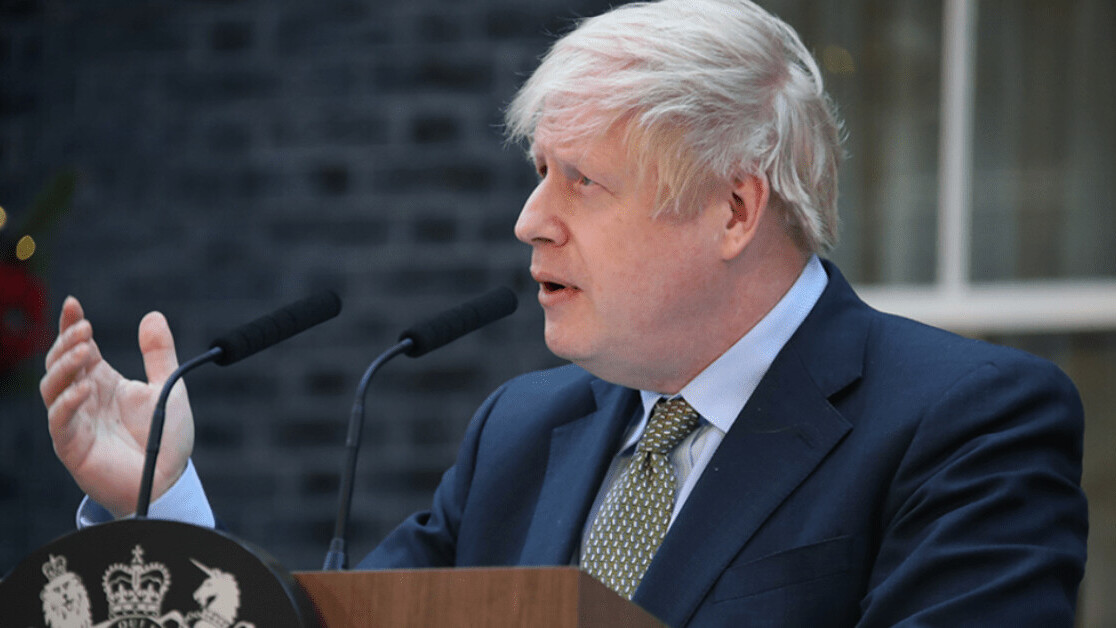
A UK government plan to replace migrant care workers with automation has been slammed as “ridiculous” by one of the country’s AI luminaries.
The new immigration system would close the door to “low-skilled” workers from the EU, who currently make up a huge proportion of staff in social care, a sector where there are already more than 120,000 job vacancies — and growing demand. The government wants employers to fill this gap with “wider investment in technology and automation.”
“We need to shift the focus of our economy away from a reliance on cheap labor from Europe and instead concentrate on investment in technology and automation,” reads a new policy paper detailing the proposals.
This demand has been slated by Noel Sharkey, a professor of AI and robotics at Sheffield University and former judge on TV series Robot Wars.
“I think this is a ridiculous idea and it’s really going to have very severe consequences for our aging population,” Sharkey said on BBC Radio 5 Live today.
[Read: EU wants to create a single market for European data]
The British computer scientist has previously worked with elderly dementia-suffers, an experience that taught him the importance of human qualities in care work.
“You need to sit by peoples’ bedsides, you need to hold old peoples’ hands … putting them in the hands of machines would be a ridiculous idea for a start,” he said
Fears for future
When the new immigration system comes into force in January 2021, workers who earn less £25,600 will be blocked from entry to the UK.
Care workers currently earn as little as £16,000, according to the National Association of Care and Support Workers (NACSW), and with the sector already in crisis, their average salaries are unlikely to reach the new threshold any time soon.
Christina McAnea, the assistant general secretary of UNISON, the UK’s largest trade union, fears the plans “spell absolute disaster for the care sector.”
“Care work is highly skilled, but low paid, so falls foul of the government’s arbitrary immigration threshold,” she said.
The government has been promoting the potential for robots to replace human care workers for some time. Last October, it pledged to invest £34 million in developing care robots, which it claimed could “revolutionize” the UK’s care system.
But just like the government’s plans to fill healthcare funding gaps with apps and secure borders with blockchain, this digital initiative is being driven by political ideology rather than public benefit.
You’re here because you want to learn more about artificial intelligence. So do we. So this summer, we’re bringing Neural to TNW Conference 2020, where we will host a vibrant program dedicated exclusively to AI. With keynotes by experts from companies like Spotify and RSA, our Neural track will take a deep dive into new innovations, ethical problems, and how AI can transform businesses. Get your early bird ticket and check out the full Neural track.
Get the TNW newsletter
Get the most important tech news in your inbox each week.





